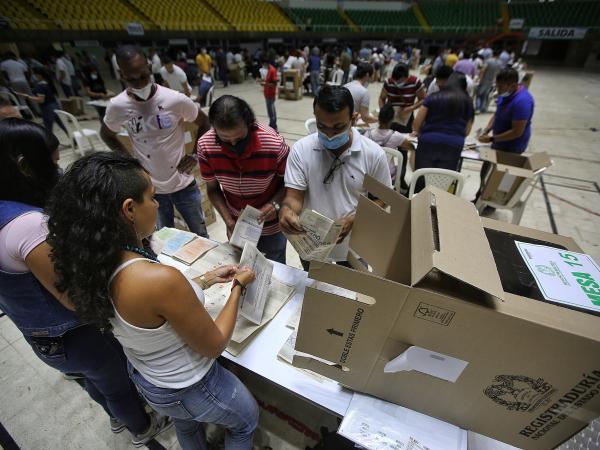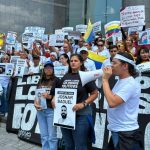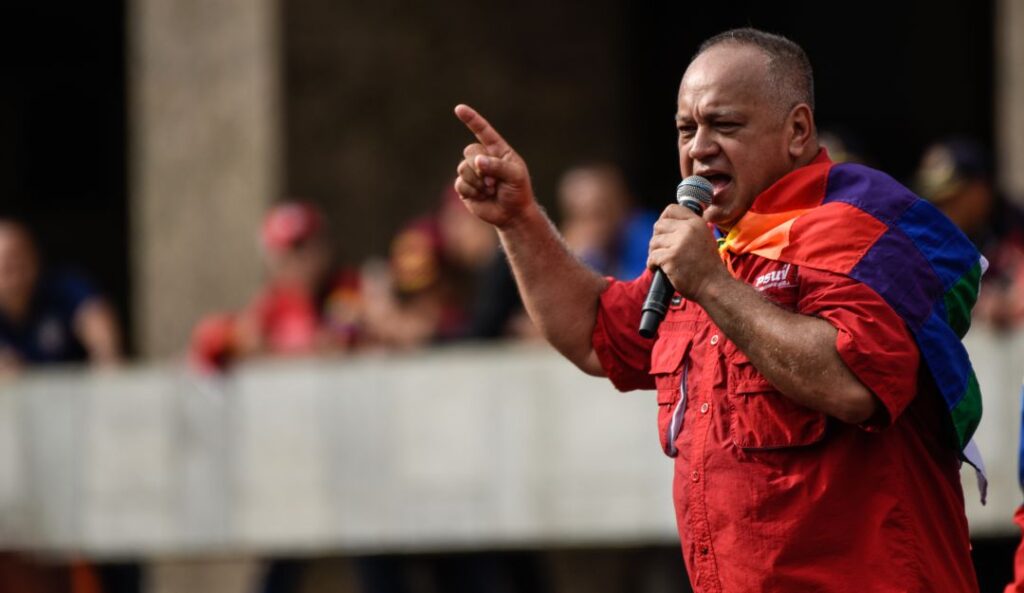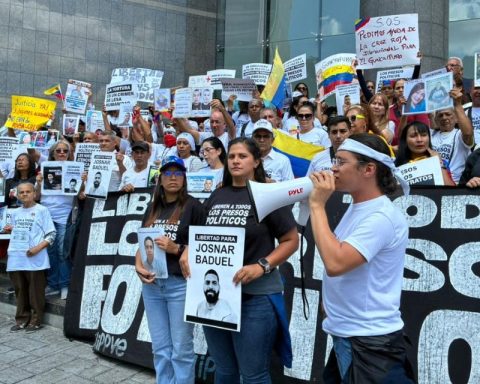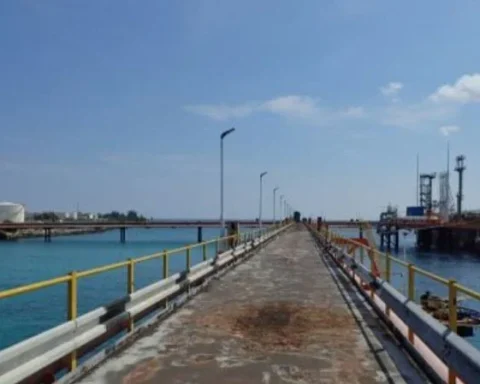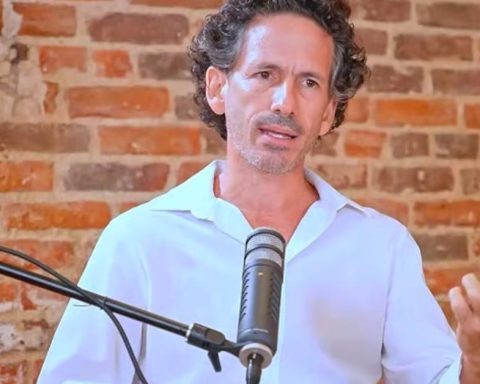After the elections on Sunday, March 13, the NGO Electoral Observation Mission (MOE), denounced that there had been “clearly atypical behavior” in the counting of the votes, which could have disadvantaged the leftist Historical Pact, which was the most voted force.
At that moment, the questioning of the results of the pre-count carried out on election day began. Hours later the National Registrar, Alexander Vegaclarified that the scrutiny had not finished.
(Keep reading: Qualifiers, with the magnifying glass on elections).
In the last report of the National Registry, the Historical Pact would have obtained around 500,000 more votes of those announced on March 13. The controversy caused Vega to ask the National Electoral Council to recount the votes for the Senate, to give guarantees to citizens and political parties about the electoral results.
WHAT ARE THE IMPLICATIONS OF THE MEASURE?
Alejandra Barrios, director of the Moe, explained in an interview for EL TIEMPO the implications that the registrar’s request could have. Initially, the expert warned that in the country “There has not been a situation similar to the one we are experiencing“.
Barrios clarified that the situation is complex because Colombia does not have a regulatory framework to be able to generate guarantees in case you have to do a recount.
In this sense, the Registry is solving, through political negotiation, a problem that was generated from the transmission of data at the time of the count.
“It was not that votes appeared or votes were recovered. The votes were in the C14 and for a week judges and notaries cleared the way, did the counting and signaled the electoral result. Which does not correspond to the day of the elections because there was omitted to give electoral informationBarrios explained.
In this sense, the votes that joined the Historical Pact and other parties, were there but were omitted on election day. However, for the expert it is also surprising that the electoral authority itself is the one requesting the recount of votes.
(Read: What happens with complaints about possible irregularities in the pre-count of votes?).
If the request is accepted by the CNE, “it might not work out so well because it’s not a one-week issue. Very surely we will reach July 19 and that process will be in full swing trying to finish“, he assures.
For Barrios, this recount process implies the re-contracting of great logistics. About 3 months with 2,600 electoral witnesses doing the scrutiny, estimates the director of the MOE. Error that starts from a design problem of the card and, later, in the transmission of the results.
THE IMPACT
According to the director of the MOE, what is happening is very serious. “We are not used to what happened, which is to have half a million votes that modify Congress; but to results very close to what will be the conformation of this institution“, said.
Regarding the recount process, the expert assures that it could not give the guarantees that the parties are looking for. “Lack of certainty may arise, for example in the custody of electoral material, if a bag and others were not properly sealed,” she explains.
(Read: Historical Pact would obtain three more seats after counting votes).
According to Barrios, it is serious to lose the confidence in the electoral system because it is on this that democracies are built.
“That confidence in the electoral authority, in its transparency and logistical capacity, is what generates that when a decision is made from the citizens, power can be handed over peacefully.“, he pointed out.
BRIEFCASE
With information from EL TIEMPO*
